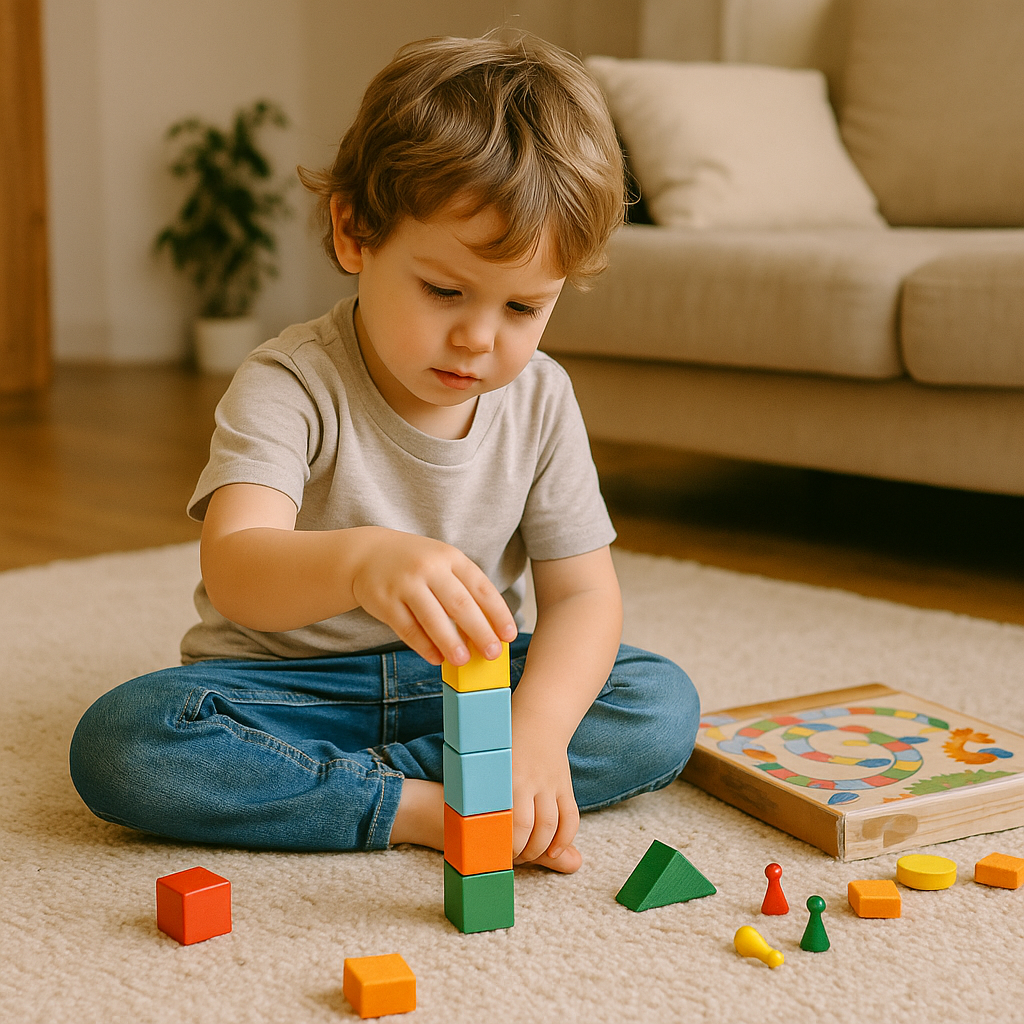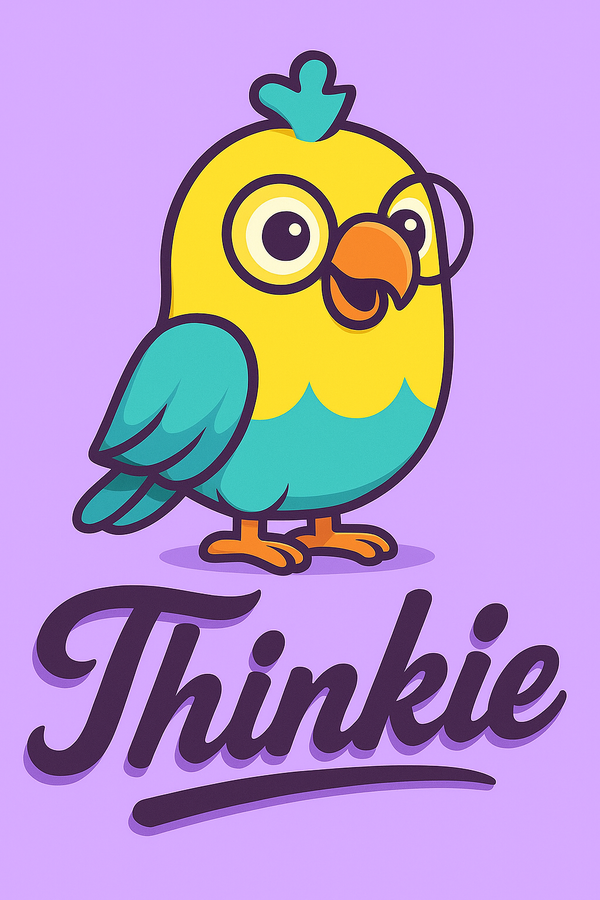
Play Smart. Grow Strong. – Why Toys Are More Than Just Fun
Share
Introduction
When we think of toys, the first word that comes to mind is fun. But research shows that toys are not just a way to keep children entertained—they are tools for learning, growth, and emotional development. The right play experiences can shape how children think, solve problems, and interact with others.
The Science of Play
Child development experts agree that play is essential to learning. According to Pellegrini & Smith (1998, Child Development), play helps children practice cognitive and social skills in a safe, low-stress environment. Through play, kids test ideas, build resilience, and develop motor coordination.
-
Cognitive Growth: Puzzles and building blocks strengthen problem-solving and spatial reasoning.
-
Language Development: Role-playing toys encourage storytelling, vocabulary growth, and communication.
-
Social Skills: Board games and group play foster patience, cooperation, and empathy.
-
Physical Health: Active toys like balls, scooters, or catch sets improve balance, coordination, and strength.
More Than Entertainment
Toys are often underestimated, but they create opportunities for children to practice real-world skills. For example, a simple game of building towers can teach persistence after failure. Pretend play with dolls or costumes allows children to process emotions and understand relationships.
Research by Ginsburg (2007, American Academy of Pediatrics) emphasizes that play supports both intellectual growth and emotional regulation, showing that children who play more often demonstrate better coping skills and adaptability in later life.
Parents’ Role in Smart Play
Parents can guide children’s play by:
-
Offering a Variety of Toys: From creative art kits to strategic board games.
-
Joining the Play: Shared play builds trust and strengthens family bonds.
-
Balancing Screen-Free Play: Encouraging hands-on activities helps kids focus and be present.
Conclusion
Toys are not “just toys.” They are bridges to learning, tools for emotional expression, and stepping stones to future skills. By choosing toys that challenge, inspire, and nurture, we give children the chance to play smart and grow strong—the very heart of Thinkie’s mission.
